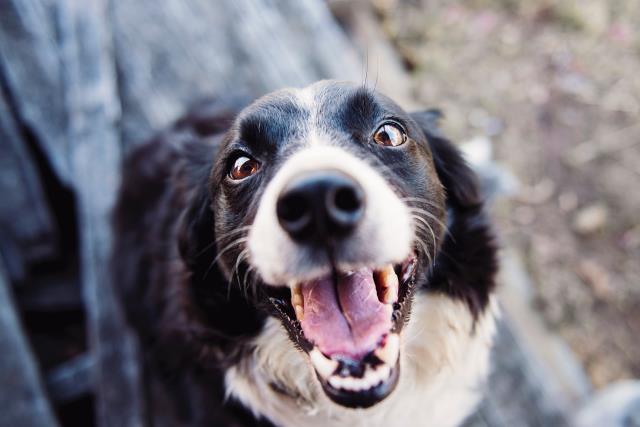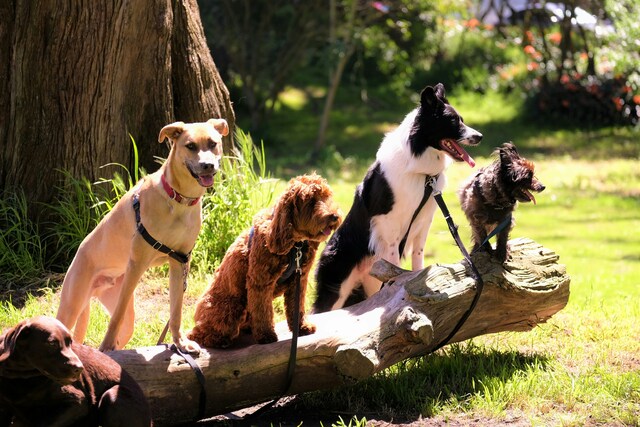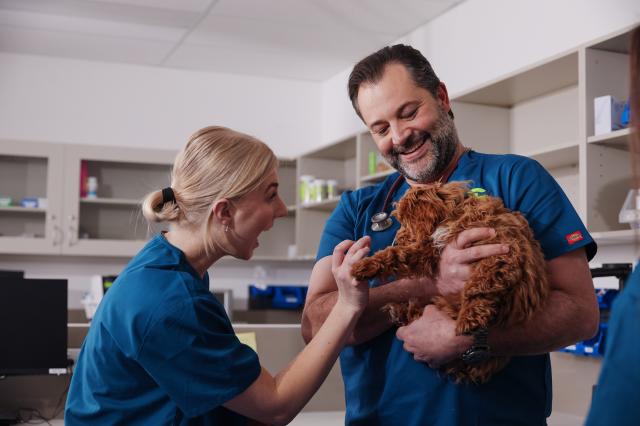Dental health is a critical yet often overlooked aspect of pet care, and if neglected it can have significant implications for our furry friends’ overall health and wellbeing and should be considered within a preventative care routine.
At least 70 per cent of pets develop dental issues by two years old.
Poor dental hygiene can lead to periodontal disease, which is one of the most common clinical conditions in adult dogs.
Signs your pet could be suffering from dental troubles include:
Bad breath (halitosis): may be the first sign of a problem with your pets oral health and occurs when bacteria from food gets stuck in your dogs mouth.
Yellow or brown crust on teeth: the accumulation of bacteria, food debris, and saliva on teeth leads to plaque formation.
This plaque adheres to tooth surfaces both above and below the gum line. If left unchecked, it hardens into a substance called tartar.
Bleeding gums: especially during eating or tooth brushing can indicate gum inflammation or periodontal disease.
Changes in chewing habits: Sudden changes in how your pet eats, such as favouring one side of the mouth, may indicate dental pain or discomfort.
Tooth loss: when this occurs in adult pets it is often a sign of advanced dental disease and requires immediate veterinary attention.
Excessive drooling: An increase in drooling beyond what’s normal for your pet could suggest oral discomfort or infection.
Ulcers on the gums: this can be a sign of dental disease.
If you notice any changes in your dog or cat’s mouth, such as lumps, discoloration, swelling, sores, or a change in smell, contact your vet immediately.
Common Causes of Dental Disease
Dental issues are more likely to occur in certain types of dogs and both age and breed are both common factors:
Age – dental issues are more common in older pets.
Breed – small dogs, especially those with a flat face or short nose, are more likely to have overcrowded or misaligned teeth that are difficult to keep clean and more prone to dental issues.
Food – some foods can increase your pet’s risk of dental issues, so ask your veterinarian for a nutritional recommendation.







